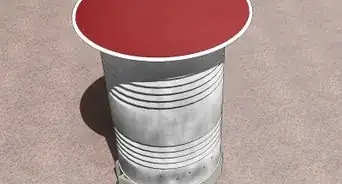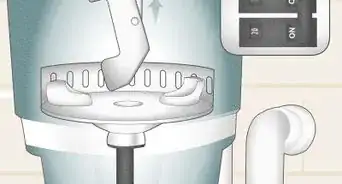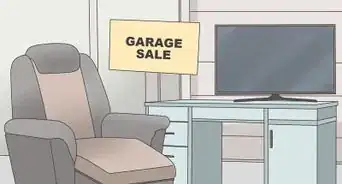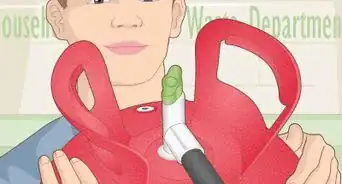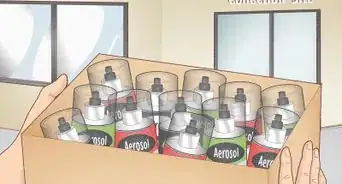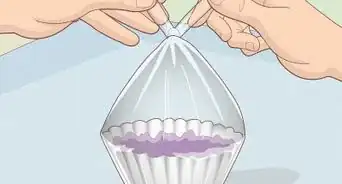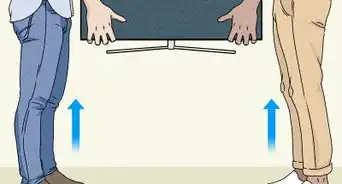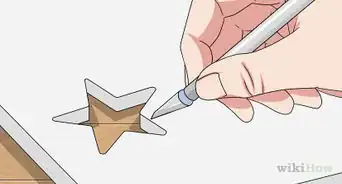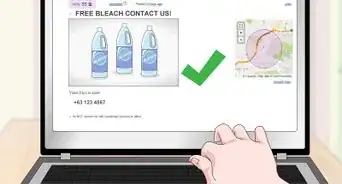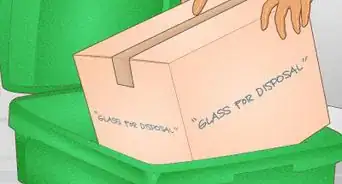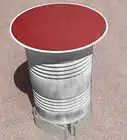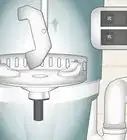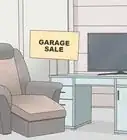This article is based on an expert interview with Kathryn Kellogg, conducted by wikiHow Staff Editors. Kathryn Kellogg is the founder of goingzerowaste.com, a lifestyle website dedicated to breaking eco-friendly living down into a simple step-by-step process with lots of positivity and love. She's the author of 101 Ways to Go Zero Waste and spokesperson for plastic-free living for National Geographic.
This article has been viewed 13,969 times.
Waste means more than what you put in the trash can: it's a byproduct of living. In this video, Sustainability Specialist Kathryn Kellogg reveals that while we can't completely eliminate waste, reducing it to manageable levels is completely possible—and she'll show you how.
Key Takeaways
- Waste is defined as anything we send to a landfill.
- There are other types of waste too, like wasted resources, wasted energy, and wasted time.
- By living more sustainably and demanding change from politicians and manufacturers, you can help reduce waste.
Video Transcript
The traditional definition of waste is things we send to a landfill. But there's so much more that we can waste beyond just what we put in our trash can. We can have a waste of time or waste of energy, a waste of resources. Waste is a byproduct of living, but we don't have to create as much as we do. There's a day on our calendar called Earth Overshoot Day. It's a day to mark when we've used all the resources the earth can sustainably produce for the year. In 2019, Earth Overshoot Day was on July 29. So by the end of 2019, we had essentially consumed a year and a half's worth of resources in just one year. We need to reduce waste so we can live more sustainably for the planet and for ourselves. And the fact is, it's entirely possible. Reducing waste is a consumer and manufacturer responsibility. We all have a personal responsibility to consume fewer resources and live sustainably within our means. We also have a responsibility to hold the broader system accountable. We live in a supply and demand world. We need to demand change if we expect politicians and manufacturers to supply it.

